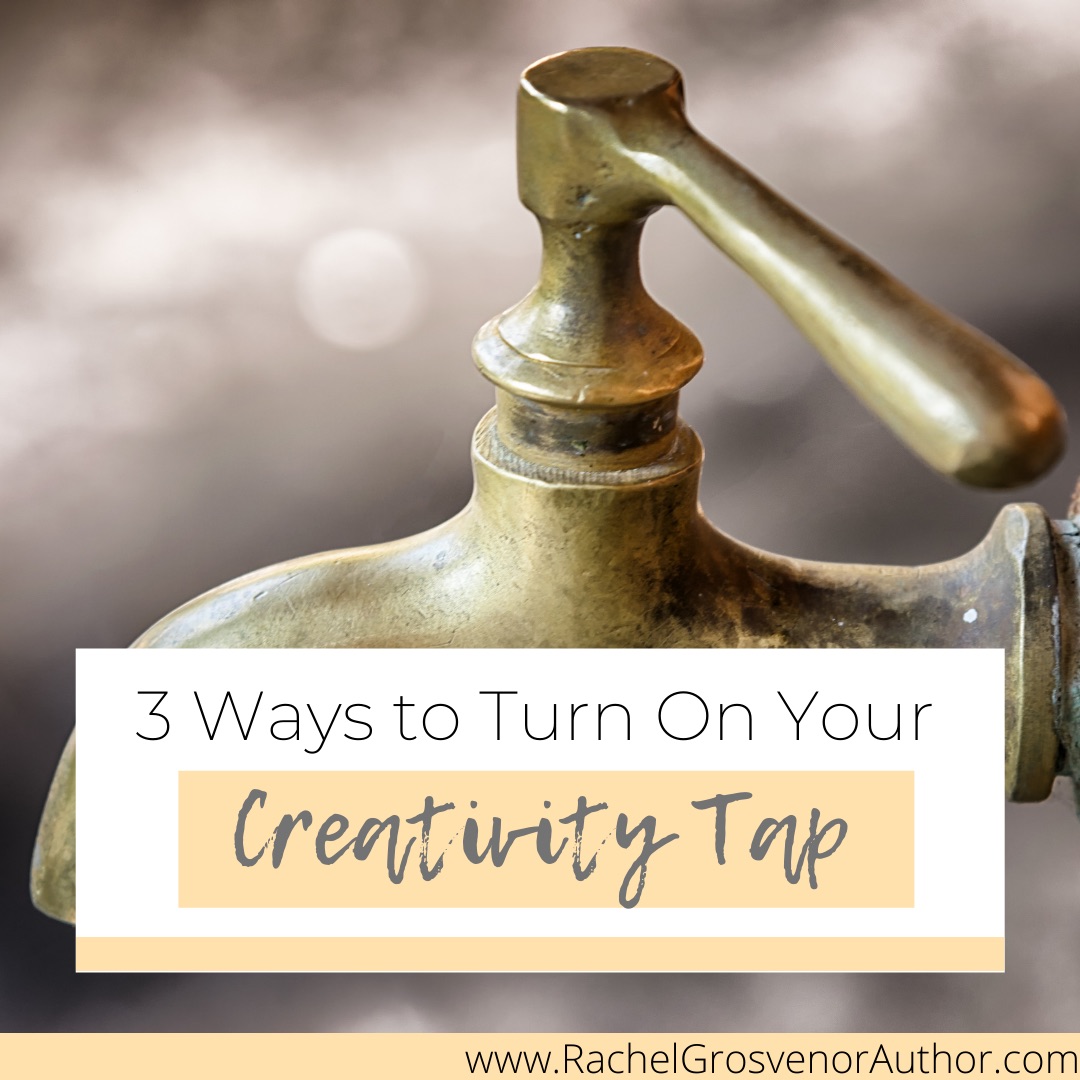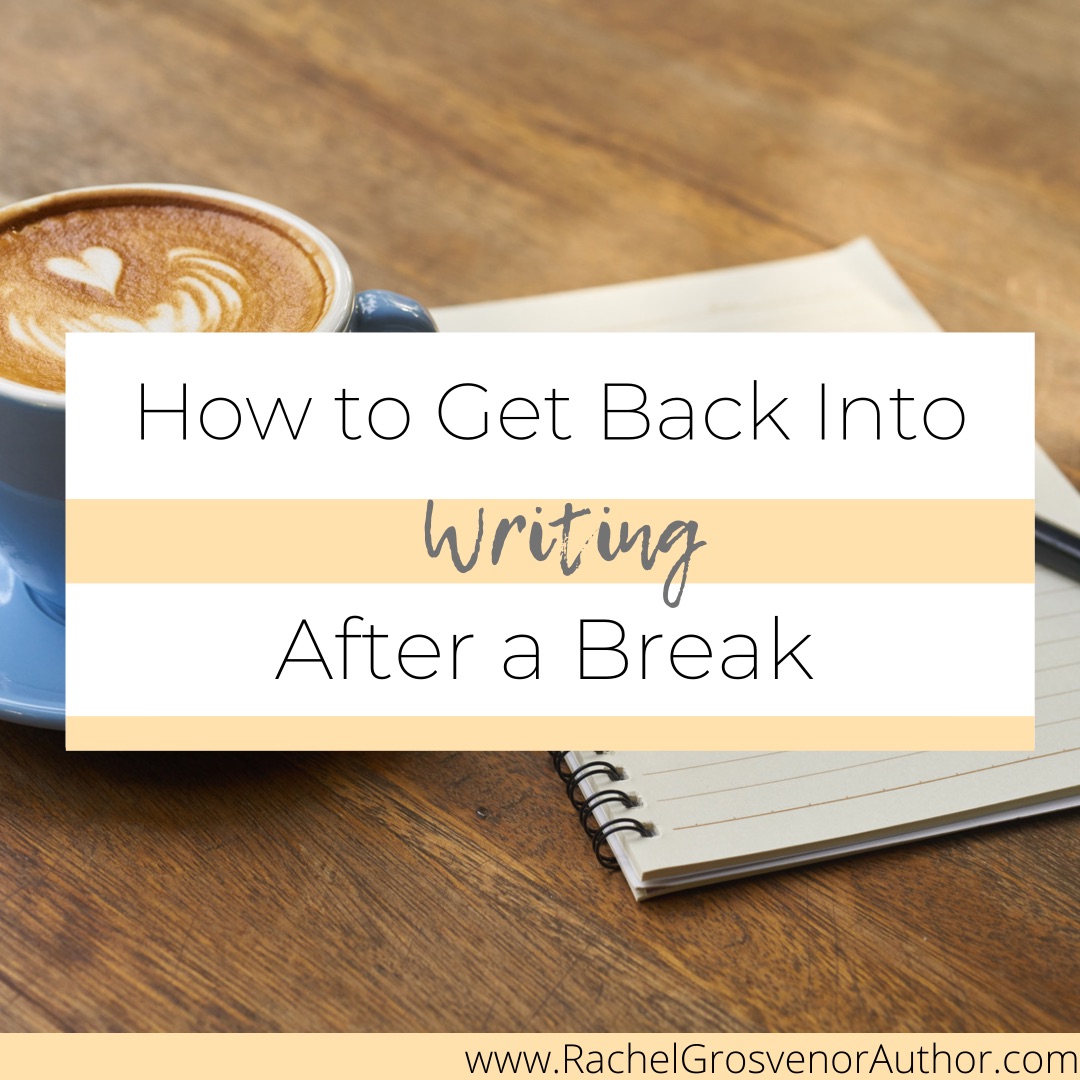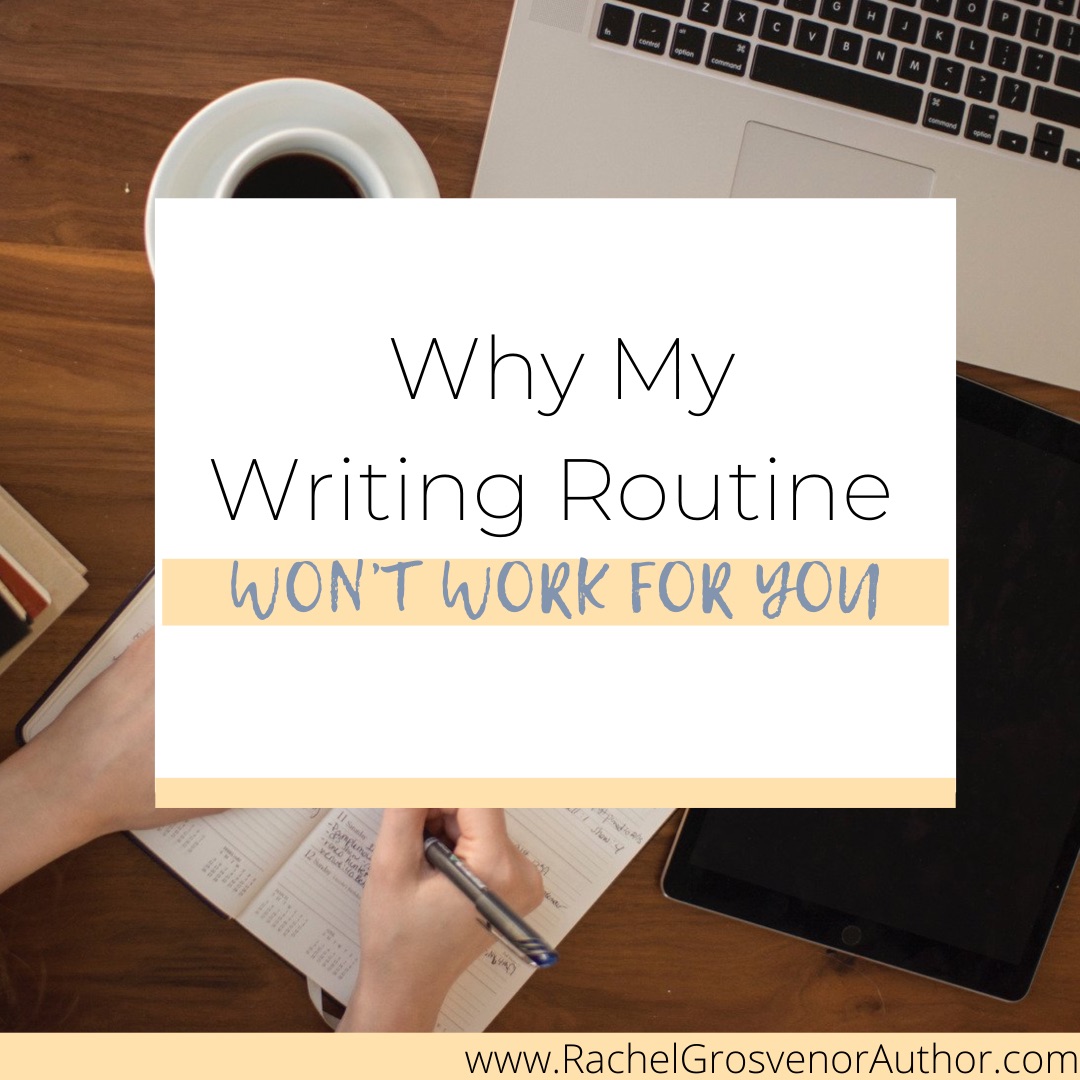What is mindfulness?
Mindfulness is a type of meditation that can be practised at any time. It might be that you have heard people talk about eating ‘mindfully’, meaning that they focus on and are aware of what they are eating during that moment, and in many ways, this is the simplest way of describing it:
‘Mindfulness is being aware of yourself, others and the world around you.’ (Chaskalson, M and McMordie. M. Mindfulness for Coaches. New York, Routledge, 2018.)
You may not know this, but I have studied and practice mindfulness. This helps me every day, and I use it in my writing and coaching practice. Practising mindfulness involves focusing on your breathing, noticing thoughts without entirely giving in to them, and paying attention to the task at hand. Practising mindfulness has been proven to improve the ability to focus, regulate emotion and gain perspective. Sounds good, doesn’t it?
How can it help you write?
Mindfulness is all well and good, but if it weren’t linked in some way to writing, then I wouldn’t be talking about it! So, how can it actually help you write? It’s all linked to the act and process of writing. As we all know, sitting down to write is not always easy, and it can be stressful. Whether you feel pressure because of a deadline, don’t know what you should be focusing on next, or don’t know how you will fit writing into your busy week, practising mindfulness can help.
Why involve it in your Creative Writing practice?
Good question. The answer is because it can help move you forward. It can help with your mindset, allow you to have perspective, and offer you the ability to enjoy writing as a mindful process instead of one that potentially causes feelings of stress, comparison, and overwhelm. Just as a side note, these are totally normal feelings to have around writing. Why? Because it’s not as simple as sitting down and writing a fun story. Sometimes we feel stressed, and other times we can’t help but compare our writing or productivity to the highlight reel that is Instagram.
How to begin involving mindfulness in your process today:
If you are ready to give it a go, let’s start today. After all, if you’re being offered something that could improve your writing life, why not start as soon as possible? Here are some mindfulness techniques for writers:
Technique 1:
An excellent task to begin your mindful writing practice is to write for five minutes about your current surroundings. Five minutes is a short amount of time, so don’t feel that you are wasting time that could be spent on your work in progress – on the contrary, allowing yourself some time and space to warm up, embed yourself in the present, and notice the senses, will result in a happier writing experience. Why? Because you will feel calmer, and your mind will be more focused on the task at hand, having a similar result to task batching.
Technique 2:
Ring a bell. This is one of my favourite tasks because it helps me see when my mind has wandered from writing. Give it a go yourself, and see how it works for you. When writing your work in progress, keep a bell beside you. Every time you find that you have slipped from the narrative of your story and start thinking about something else – perhaps you begin to think about what you will have for dinner – ring the bell. This might sound strange, but what you are doing is practising paying attention to writing. You are being mindful of your practice. Ringing the bell is a physical activity that uses the senses, pulling you back into the present.
Technique 3:
Practice being present with your main character. You could do this in many ways, from writing a letter to them to hot seating them with interview type questions. One of my favourite ways of doing this is through drawing. You should know your character inside out, so spend some time with them. The better you know them, the better you will write them, and the easier it will be to focus purely on the act of telling their story.
Technique 4:
To get a first draft down on the page, it helps to push revision to one side. Why? Because you cannot edit a blank page. If you are someone who struggles with the idea of this and find yourself re-reading what you have written as you are writing, catch yourself. Take a breath, and think of the next part of your story. If you notice that you are thinking thoughts such as ‘That doesn’t sound good,’ or ‘That word isn’t quite right,’ label it as a thought. Ask yourself if spending your writing time searching for the right word is the best thing you could be doing right now or whether you could spend those ten minutes writing one hundred new words. Taking a deep breath and noticing our thoughts is a big part of getting to the next stage of our writing process – the edit. Revision can be done then, so allow yourself the grace to write now.
There are four ways to practice mindfulness in your writing life today. Give it a go, and see what happens.
If this has brought anything up for you and you want to talk about how you can move forward in your writing life, get in touch. I would love to help you prosper and write a novel you are proud of.












